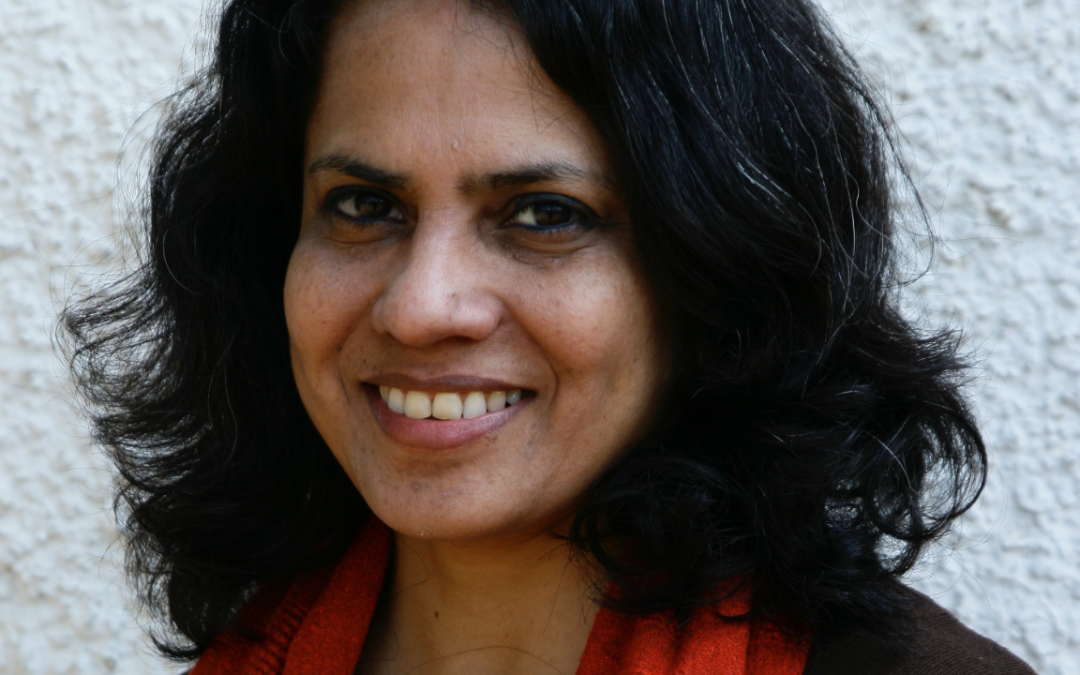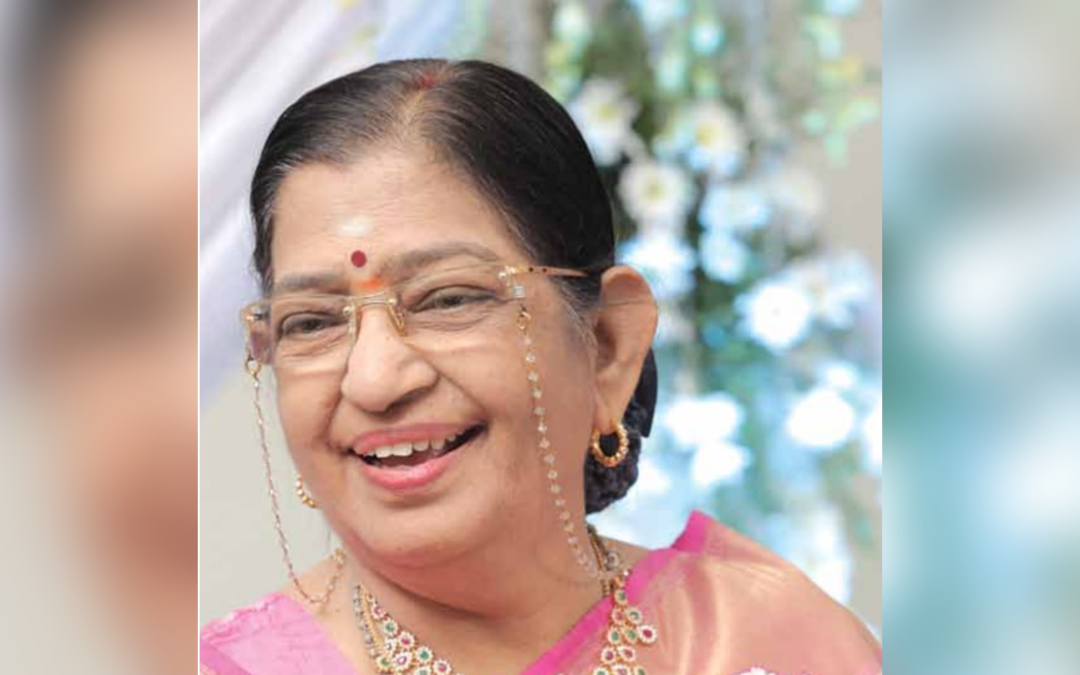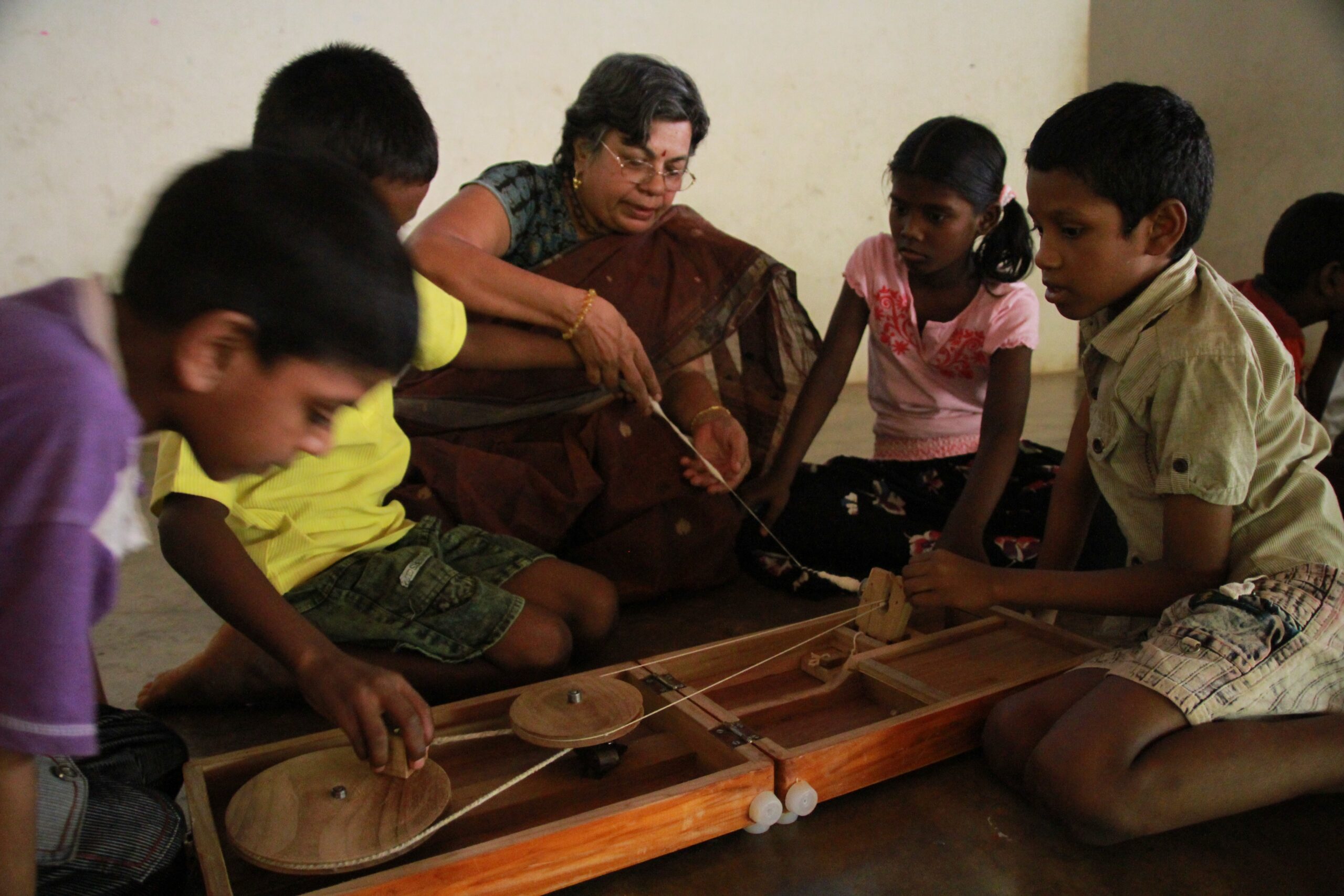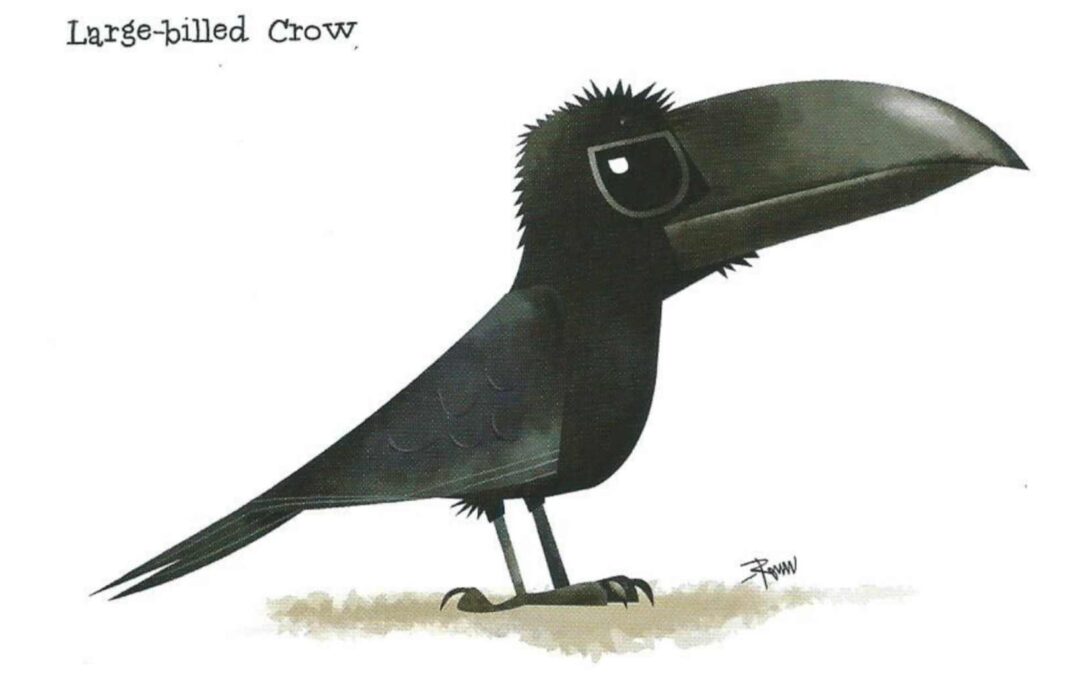
This ‘Indian Dr. Seuss’ Is Very Fond of Nonsense
Her name is Anushka Ravishankar and she specializes in silliness. Read more at Atlas Obscura.
ABOUT me

Her name is Anushka Ravishankar and she specializes in silliness. Read more at Atlas Obscura.



Then came a string of films as varied from each other as they could possibly get (see filmography), but all having those little nuances that define a Kukunoor film. And the nuances are aplenty in Nagesh’s latest film, Iqbal.
Sitting cross-legged on a sofa, in the midst of much post-release activity at the producer’s office, Nagesh Kukunoor says, “Iqbal is the classic underdog tale. If you look at the poster, you already know what the ending of the movie is. But it’s the way that the tale is told, that makes the difference.”
Iqbal, is the story of a hearing and speech impaired person (Shreyas Talpade) from Kolipad village, who aspires to bowl for the Indian cricket team. He has the support of his mother and his sister (Shweta Prasad), and later, an alcoholic ex-cricketer (Nasseeruddin Shah), who coaches him. But the mainstay of this film is not Iqbal’s disability, it’s his unwavering focus and determination.
Speaking of the challenges of making this film, Nagesh says, “The longest time I’ve spent on casting was possibly for the character of Rajesh Naidu in Rockford. After that, it’s been Iqbal. I wanted the right Iqbal – not just someone who could act, but also fast-bowl and barefoot at that. To top it all, I wanted someone who could put in the dedication required to learn sign language and make it look effortless on screen. Which is where Shreyas Talpade came into the picture. I looked at about 200 cricketers for the role, and found they just couldn’t act. Then, I looked at actors who could look like fast bowlers, and that was even worse in some respects. Then, Yateen Karyekar, who plays Iqbal’s dad in the movie mentioned that there were a lot of Marathi actors who are also good at cricket. One of them was Shreyas and we zeroed in on him after separate screen tests for acting and bowling. If you look at the sign-language interactions between Shreyas and Shweta, it’s so effortless and natural. This was what I wanted and got.”
One question that often arises when it comes to Nagesh’s films, is the obvious lack of song sequences. It’s a marked departure from the Indian film format. Nagesh has this to say about it, “While I’ve grown up with Bollywood, I’ve developed my sensibilities as an adult, by watching movies from the West. As a result, I’m unfamiliar with how to handle a format with songs, like it’s done in Bollywood.”
“If you see my movies, you’ll notice that I’ve grown as a person. While Hyderabad Blues was an outsider’s perspective (albeit an NRI’s), Iqbal can’t get more Indian. I have scripts where the protagonist is white, and that’s the prerogative I take as a writer. But as a director, I can adapt the story any which way I want to.”
Coming back to Iqbal, it is not very different from his other movies, yet, there seems to be a conscious need to make a completely feel-good film. “There’s a great deal of cynicism that has crept into our lives. I’ve noticed this of myself too. Somewhere along the way, our optimistic side gets buried. Which is where we need a film like Iqbal that can energise us to go chase our dreams.” replies Nagesh.
FILMOGRAPHY
– Hyderabad Blues – 1998
– Rockford – 2000
– Bollywood Calling – 2001
– Teen Deewarein – 2003
– Hyderabad Blues 2 – 2004



Join Saritha's mailing list to get updates on her latest writing.